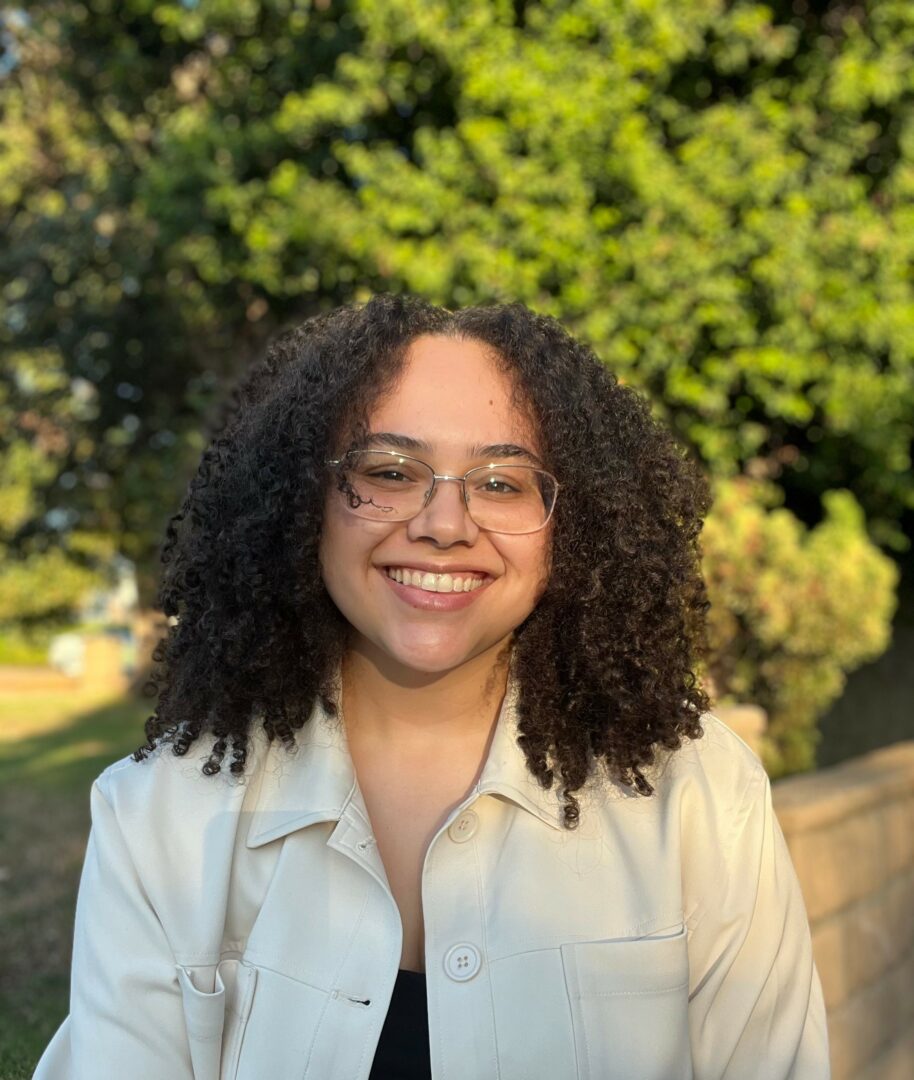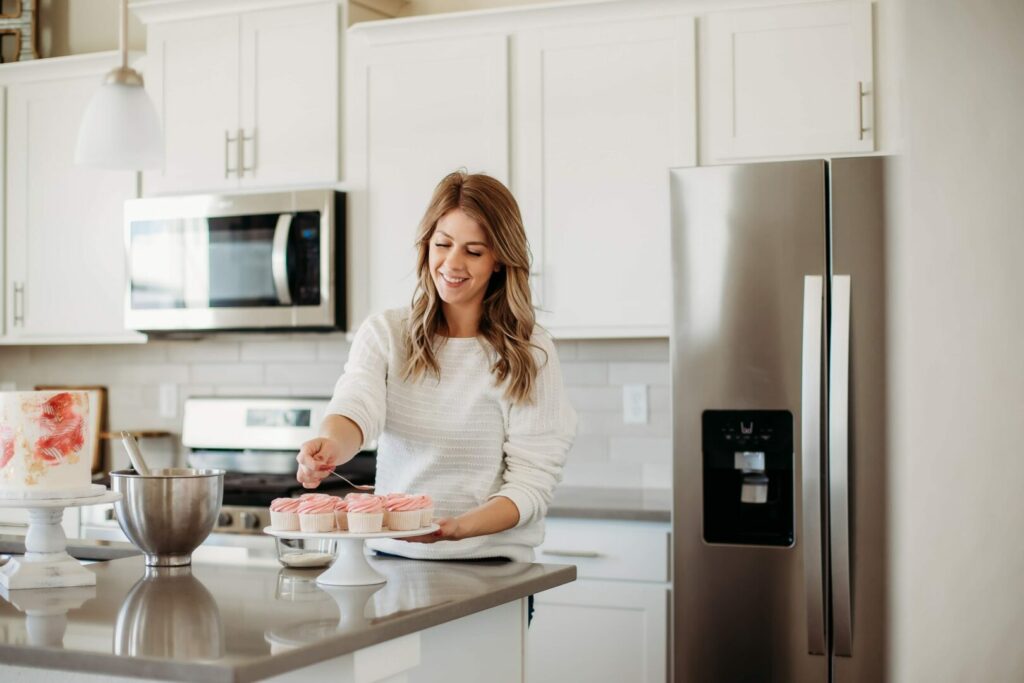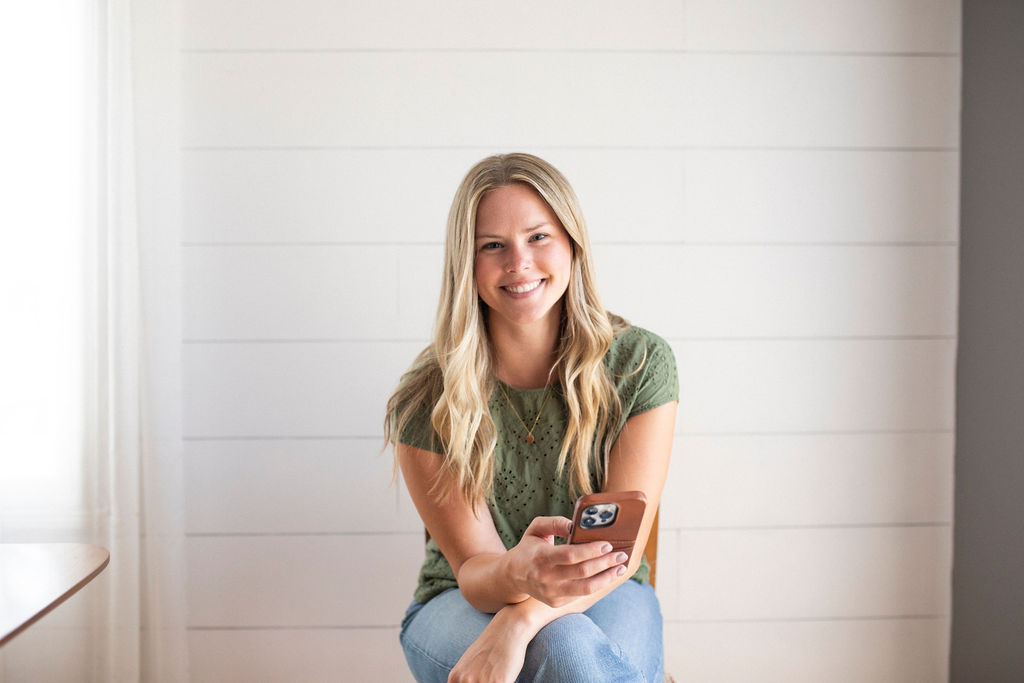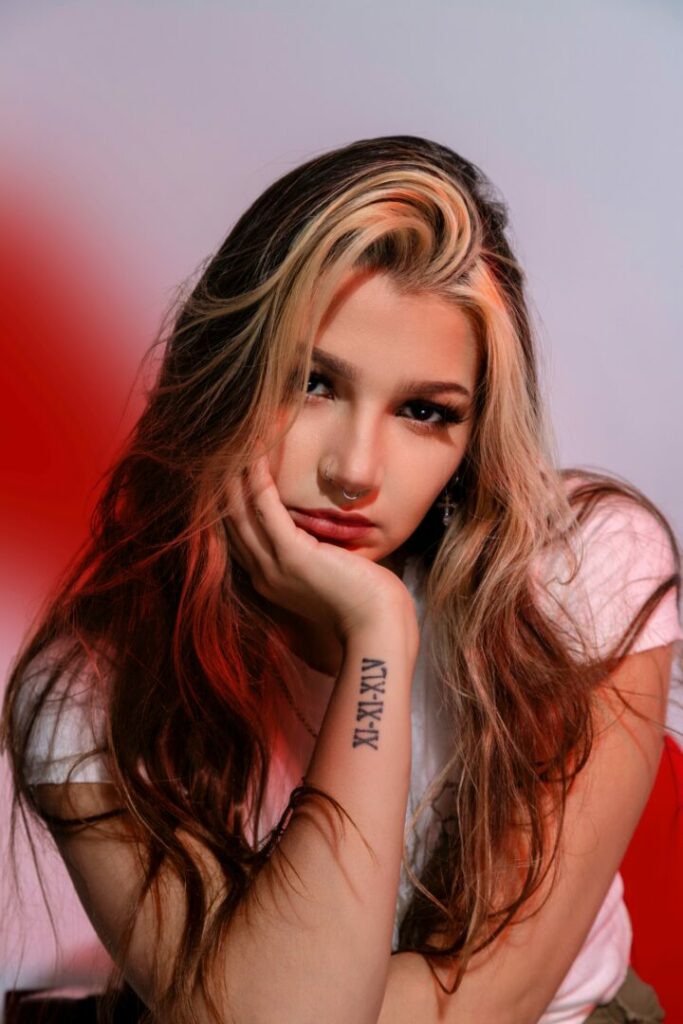We were lucky to catch up with Carlita Bryant recently and have shared our conversation below.
Carlita, looking forward to learning from your journey. You’ve got an amazing story and before we dive into that, let’s start with an important building block. Where do you get your work ethic from?
Ever since I was young, I couldn’t really say I was from one specific place, that I was raised by the same person/couple, or even around the same siblings all the time. My experiences shaped my thinking, allowing me to see a lot of the real world since I was a kid, planting the seed for my work ethic before I even knew how important it was to have one. I’m the oldest sibling of 8 total kids, not including the 5 cousins I got to live with in my lifetime (in their case, I’m the second oldest). Being in this position caused me to set high standards for myself. Knowing I had so many siblings to set an example for felt like a badge of honor, and I didn’t want to be the reason any of my siblings felt like they couldn’t achieve their goals. And, while I didn’t have the most traditional upbringing, I was still fortunate enough to be raised and surrounded by hardworking women. My cousin and I like to say we’re a family of matriarchs. My grandmothers (maternal and paternal), aunts, and mom, regardless of the cards life dealt them, showed me that you can make it in life no matter what stage of it you’re in. My paternal grandmother showed me you can climb the socioeconomic ladder by putting yourself out there, and making things happen for yourself even when it seems like you can’t. I jokingly call her congresswoman because of how hard she’s worked to get involved in such a large spaces. My maternal grandmother taught me that being new to a country doesn’t mean you can’t establish a new and stable foundation for yourself, especially when you’re dedicated and put the work in. My aunts have shown me that it’s never too late to pursue a new passion, which was part of the reason I never felt discouraged when I chose to switch majors in college, or pursue graduate school in a field I had never formally studied before. And my mom, through every situation life has thrown at her, has shown me that you can pull yourself up from the dirt and still have the biggest heart in the room. In a more practical sense, I was involved in many extracurricular activities outside of school. I played a variety of sports, volunteered for different clubs and organizations, got involved in student government, and was even elected to be the President of a club in college. I aspired to be well-rounded so that I had opportunities in multiple areas, and it really helped mold me into the hardworking person I grew up to be.

Let’s take a small detour – maybe you can share a bit about yourself before we dive back into some of the other questions we had for you?
My name is Carlita Bryant, I use she/they pronouns, and the best way I can describe myself at this point in my life is the universe’s student. I spent a large portion of my life trying to control what’s going to come next, but have learned over time that life will continue to find ways to surprise you. For me, it was in my academic endeavors. I was always studious and focused, but didn’t allow myself to feel passionate or creative outwardly. I started off my college career as a pre-med student and worked hard, until I realized the field wasn’t for me. I proceeded to continue switching majors until something felt right. I finished my Bachelor’s degree majoring in Sociology with a minor in Education from UCLA. I still didn’t know what job I wanted to do when I graduated, but I knew I didn’t want to start another degree program without figuring myself out first. So, it came as a shock to everyone, including myself, when I decided I would apply to be a flight attendant after college. During this time, I not only got to know new places and people, but who I am. I realized that I’m much more extroverted than I allowed myself to be, and love getting to know new people and environments. I’ve learned that while the world is fast-paced, I am able to appreciate the finer details and smaller moments in life. I love learning and using what I know to guide others in their journeys. And, above all, I learned I am much more creative than I thought I was. Designing was always something I did for extracurricular activities, so I used my time outside of school learning new design programs and building my portfolio for my eventual grad school application. Pursuing a creative career was a huge leap, but I am forever grateful that I took it.
Through my studies, I’ve gained an appreciation for both my left- and right-brained selves, as they work together in all that I do in grad school, and I’ve developed a love for packaging design, specifically. Being able to think of concepts, designing elements based on them, and applying those concepts to tangible products that audiences can hold has been so rewarding.I feel very lucky to be able to work on such projects at all. Most importantly, I’ve been able to apply topics I care about to my work, always reflecting on what I believe in and care about, and how I can best show who I am through the work I create. For example, I created an eyeglass repair kit catered to at-risk and incarcerated youth, using personal experience and an interview with my brother, Angel, to guide the project. In another packaging project, I rebranded N’Joy, and was able to use my ideas to hone in on the importance of mindful eating and neutral thinking toward food/sugar. Giving projects meaning outside of their aesthetics is something I will continue to work toward as I move forward in my degree program and beyond.
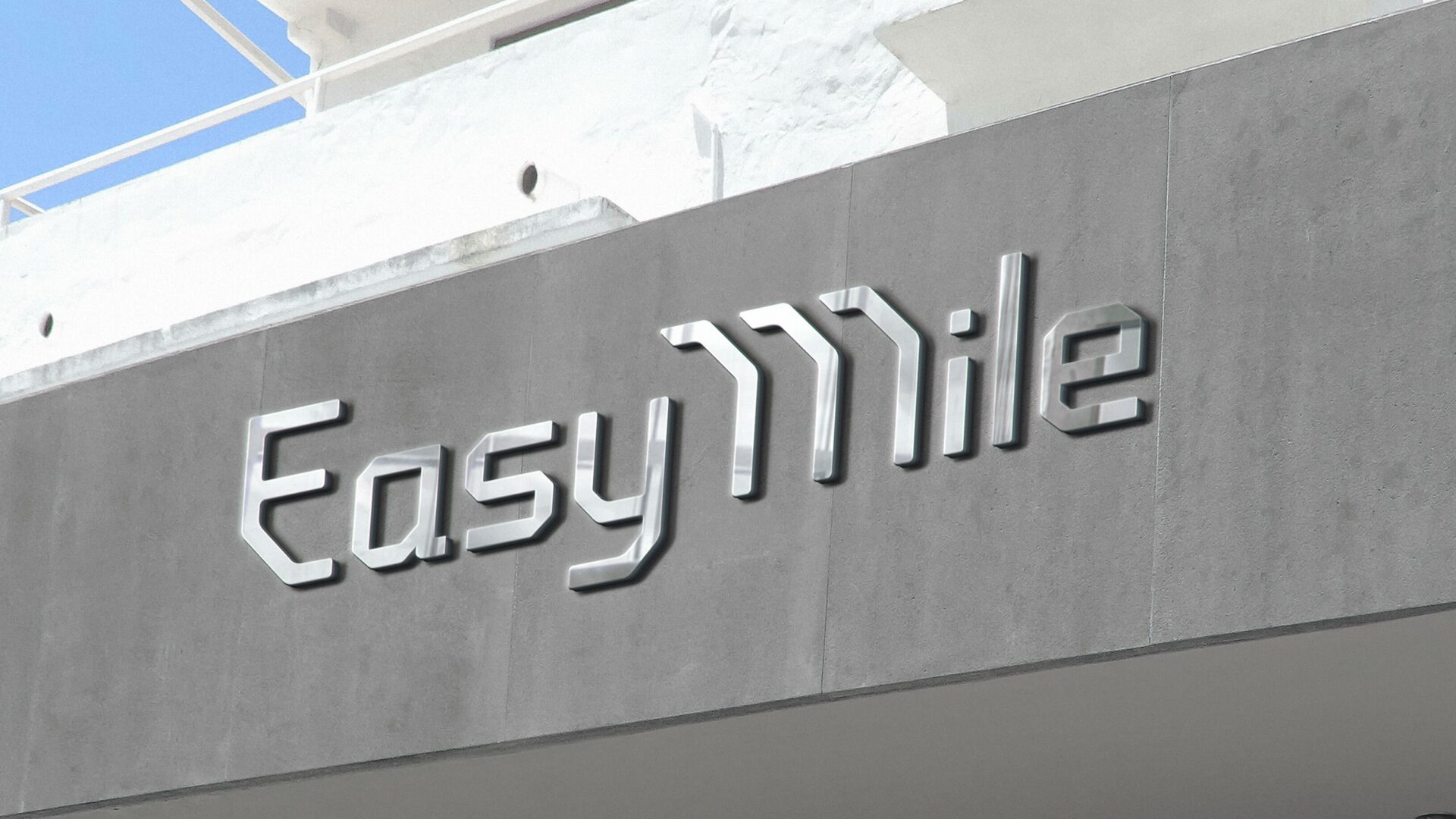
Looking back, what do you think were the three qualities, skills, or areas of knowledge that were most impactful in your journey? What advice do you have for folks who are early in their journey in terms of how they can best develop or improve on these?
Through these interview questions, I’ve been able to really reflect on my life up until now. Like anyone else, I’m imperfect, but I still hold plenty of great qualities that I love. I think some of the most impactful to my journey have been my resilience, generosity, and patience. Through all I’ve experienced, I’ve done my best to keep a focused mind and open heart. These qualities have gotten me through countless stressful moments and allowed me to live by the phrase “be the change you wish to see in the world.” If anyone early in their own journey needed/wanted advice on how to develop of improve on them, I’d tell them to remember that one person’s success does not mean your failure, and there are plenty of opportunities to go around in this world. It’s easy to be envious of others and selfish to try and keep opportunities to yourself, but it’s powerful to allow your failures guide you to something greater. I’ve found it rewarding to not only share knowledge, but to see people you help and care about succeed, which is why I value my willingness to give what I can to others. There’s only so much you can do for the world when you make it about you.
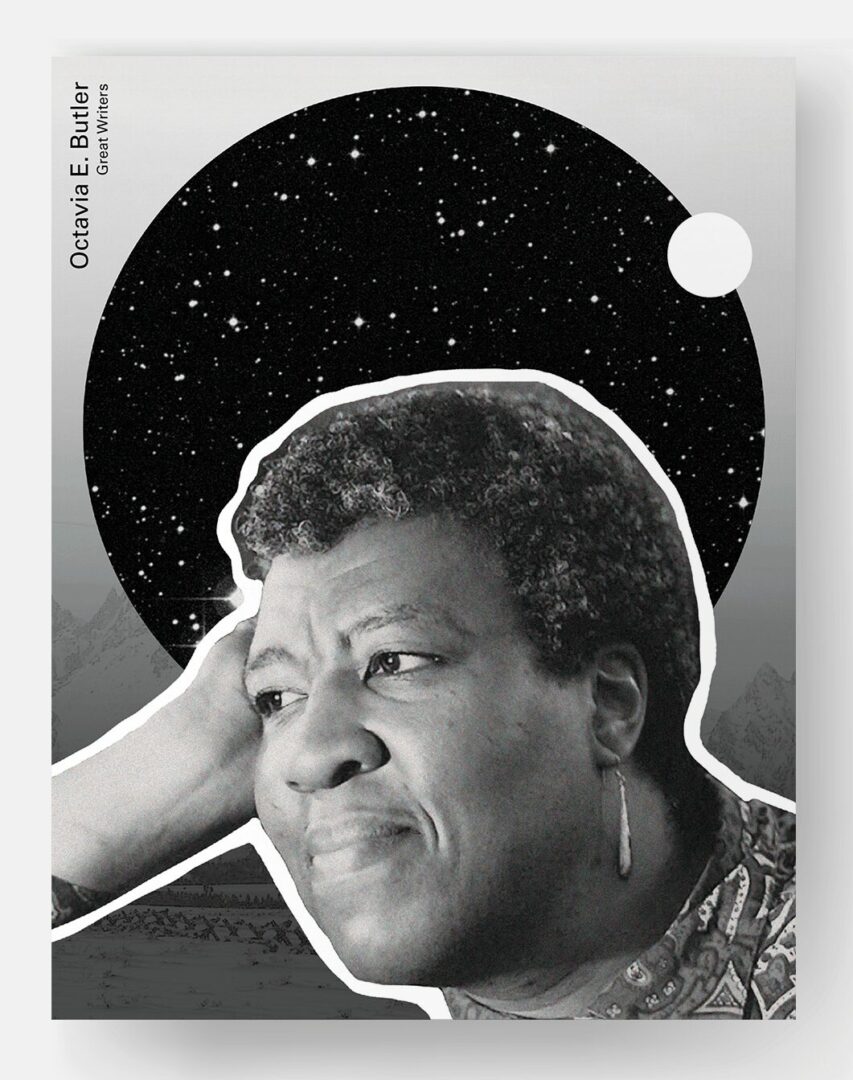
Awesome, really appreciate you opening up with us today and before we close maybe you can share a book recommendation with us. Has there been a book that’s been impactful in your growth and development?
Malcom Gladwell’s “Talking to Strangers” changed my life in ways I could not be more appreciative of. In it, he analyzes case studies of several significant moments in history, making points about what we do and don’t know about people we don’t know. During a time when I was constantly traveling and meeting new people, this book felt almost like a guide for navigating unfamiliar faces. While each case was very different, Gladwell highlighted many aspects of human behavior that we all have, and explained the truth-default theory to explain his arguments. It’s been a while since I finished the book, but after reading it, I’m much more aware of my own biases toward people and how I go about social interactions. One of the most valuable nuggets of wisdom came in his analysis of the Sandra Bland case, specifically when detailing the questioning of Encinia. If we become blind to our own mistakes when it comes to interactions with strangers, we naturally place blame on them when something goes wrong. It’s important to stop, think, and even question ourselves when something goes awry, because often times we can prevent further issues when we take a step back. Another piece of wisdom I gained from Gladwell came through his analysis of Sylvia Plath’s final years. Here, he discusses the coupling theory. One of the most impactful parts of this chapter was where he told readers to look at a stranger’s world, not just at them, to get a better understanding of them. Think about who they are in context before you make judgments based on how they look or act.
Contact Info:
- Instagram: @crltbrynt
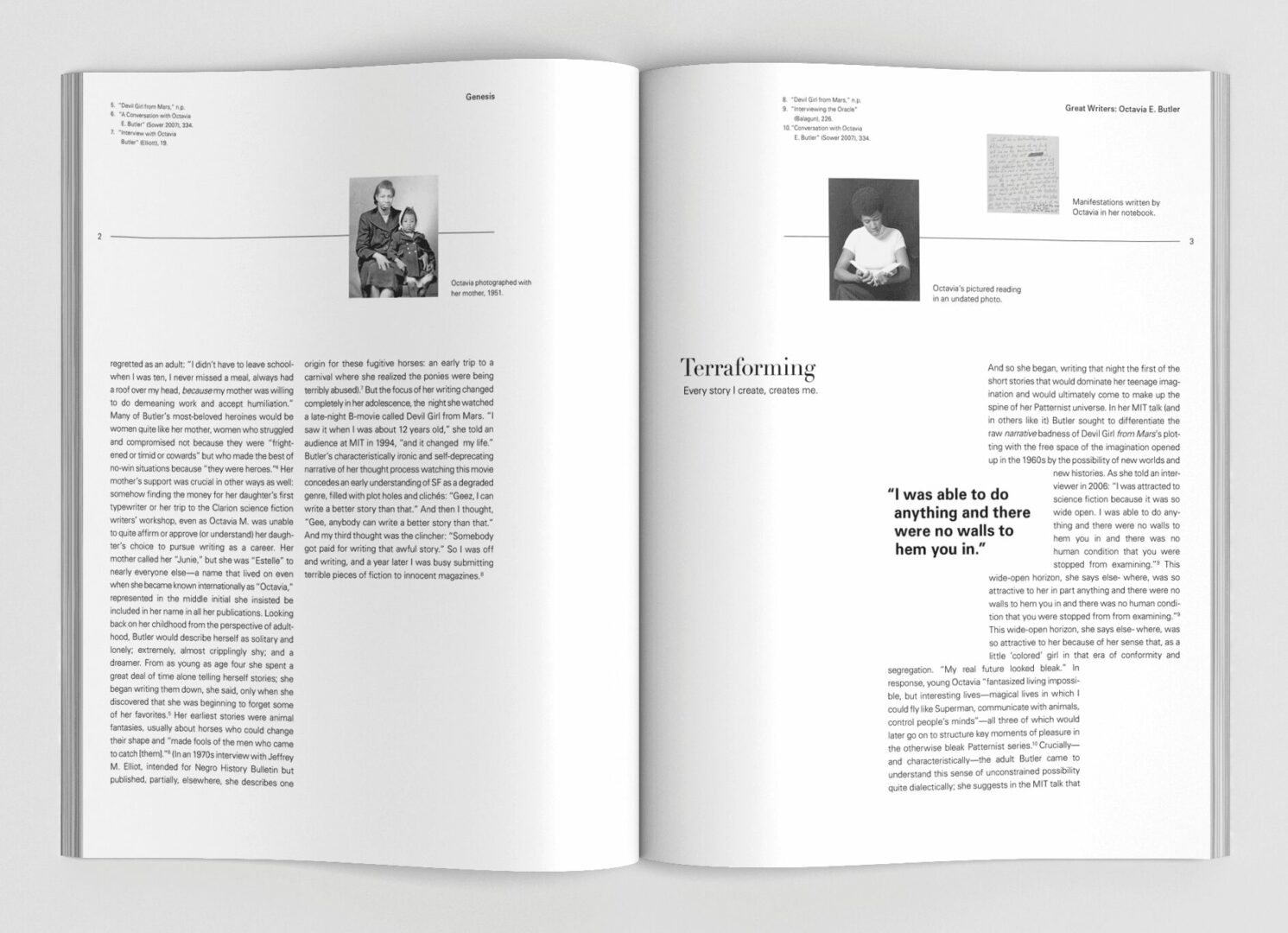
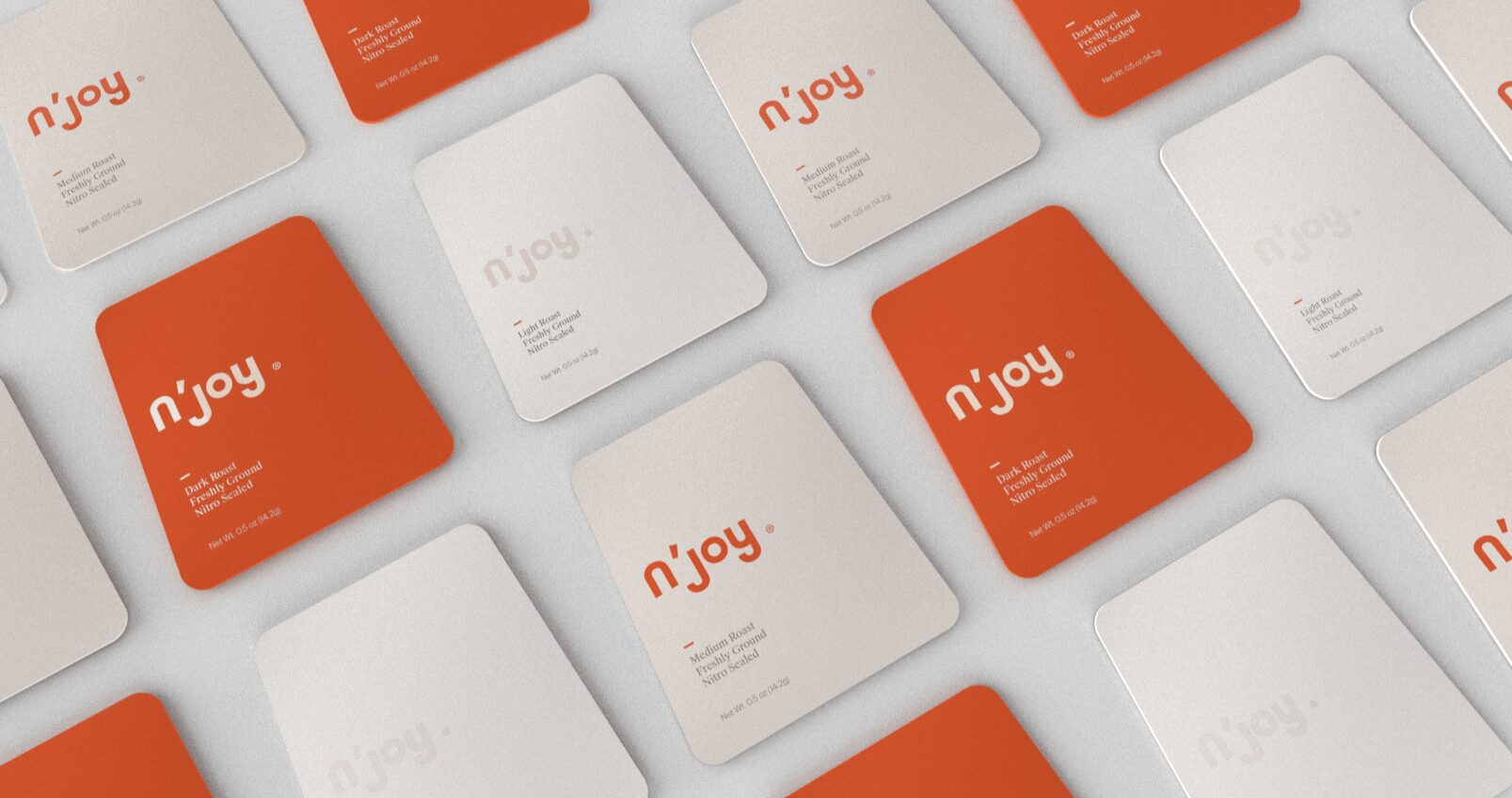
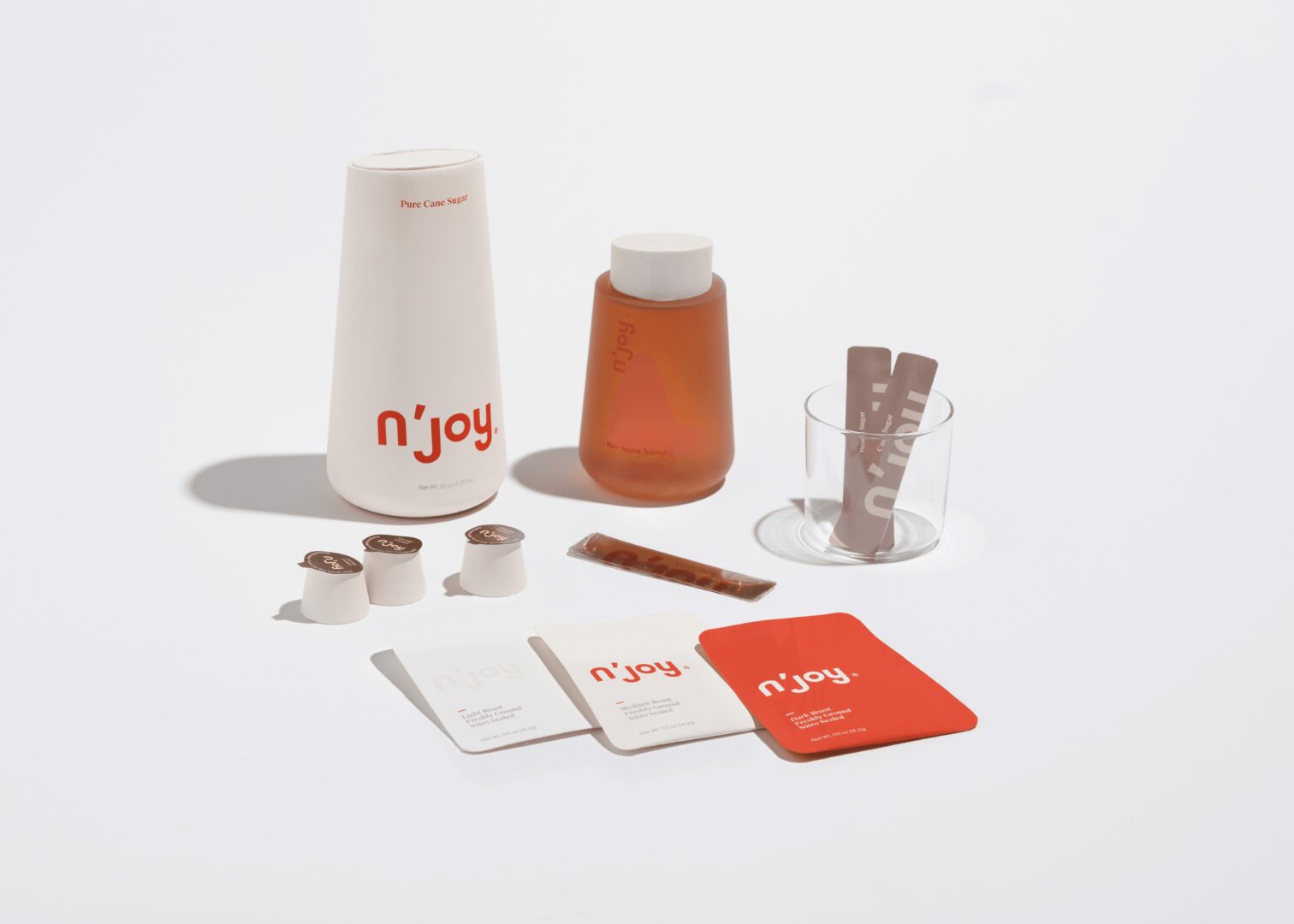
Image Credits
James Chou Photography

